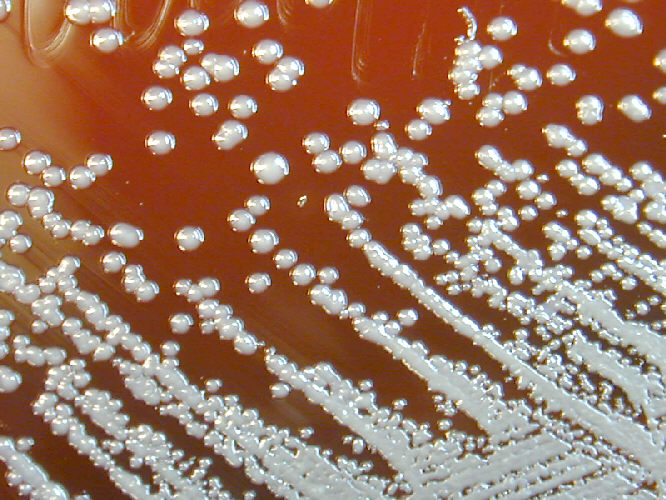The Burkholderia Genome Database
The Burkholderia cepacia complex (Bcc) is a group of genetically distinct, phenotypically similar, Gram-negative bacteria noted for their environmental versatility and ability to cause disease in cystic fibrosis patients and individuals with compromised immune systems. Members of this group colonize a wide range of ecological niches including the plant rhizosphere, soil, river water as well as urban environments considered to be due to the plasticity and metabolic adaptability of their genomes.
The aim of this database is to provide a resource for researchers to perform multi-genome comparisons of strains within the Burkholderia cepacia complex and to other Burkholderia genomes. In addition to the publicly available genome annotations downloaded from NCBI, this website provides ortholog and subcellular localization predictions. We welcome input from the Burkholderia research community on how to improve this database and to provide annotation update submissions based on peer-reviewed publications. A better understanding of the factors responsible for virulence in these strains will help researchers identify vaccine targets and drug candidates.

Burkholderia pseudomallei grown on sheep blood agar for 48 hours.
(Photo Credit: Larry Stauffer, Oregon State Public Health Laboratory).
Downloaded from Public Health Image Library at CDC